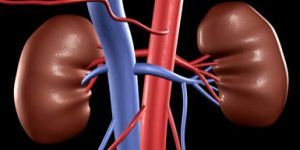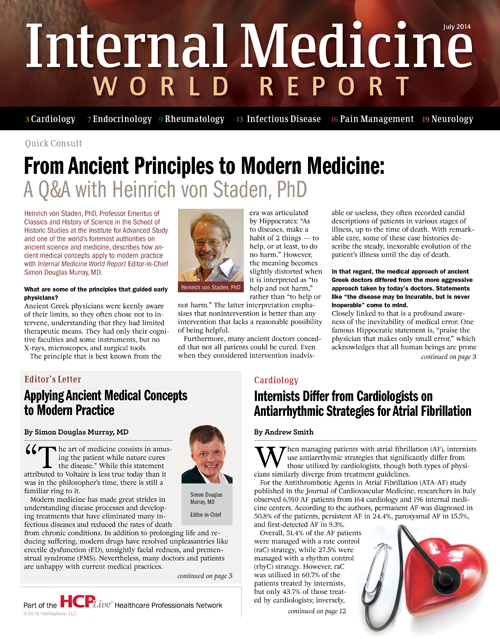Publication
Article
Internal Medicine World Report
Presence of Chronic Kidney Disease Increases Odds of Resistant Hypertension
Author(s):
A new study urges primary care physicians to be more alert in identifying patients with underlying chronic kidney disease because they are more likely to have resistant hypertension.

A new study published in BMC Family Practice urges primary care physicians (PCPs) to be more alert in identifying patients with underlying chronic kidney disease (CKD) because they are more likely to have resistant hypertension.
By identifying CKD in hypertension patients, PCPs can treat the diseases more aggressively earlier in order to achieve blood pressure (BP) targets and, ultimately, reduce the risk of cardiovascular events, the research article claimed.
According to study authors Yook Chin Chia and Siew Mooi Ching, one possible reason why patients with CKD are more likely to have resistant hypertension is their increased sensitivity to salt, which causes fluid and sodium retention, thus making BP harder to control.
For their study, Chia and Ching randomly selected a sample of 1,217 patents with hypertension who were treated at a primary care clinic in Malaysia in 2007. Relying on patient records, the researchers considered the patients’ demographic data, BPs, and use of antihypertensive medications.
According to the authors, the mean age of the patients was 66.8 years old and 64.4% were female. Additionally, more than half of the patients had diabetes mellitus. Across all of the study subjects, the median BP was 130/80, while the overall prevalence of resistant hypertension was 8.8%.
The investigators’ multivariate regression analysis showed the presence of CKD was more likely to be associated with resistant hypertension. However, increasing age was associated with reduced odds of resistant hypertension in the study population.
“The prevalence of resistant hypertension in this primary care population of patients with hypertension is relatively low. Nevertheless, every effort is still needed to recognize it early,” Chia and Ching concluded. “These results indicate that clinicians should recognize resistant hypertension earlier, especially in those who have CKD, so that early referral or intensifying therapy can be put in place.”





